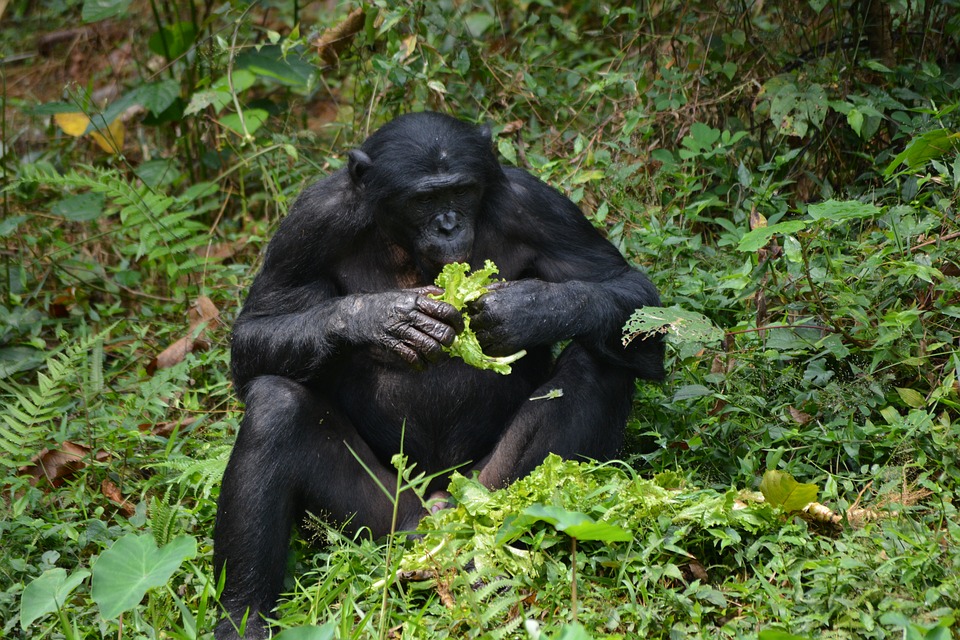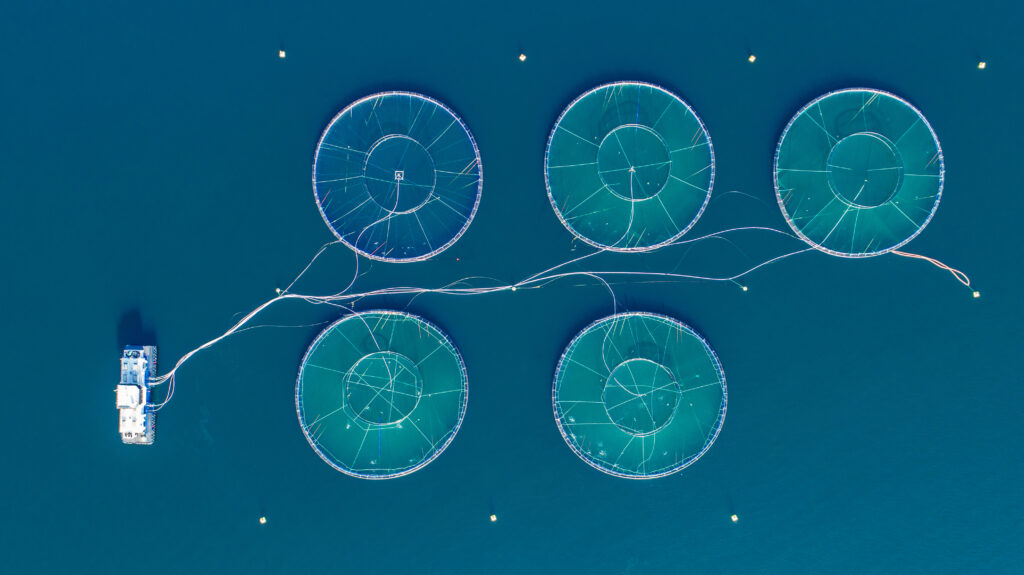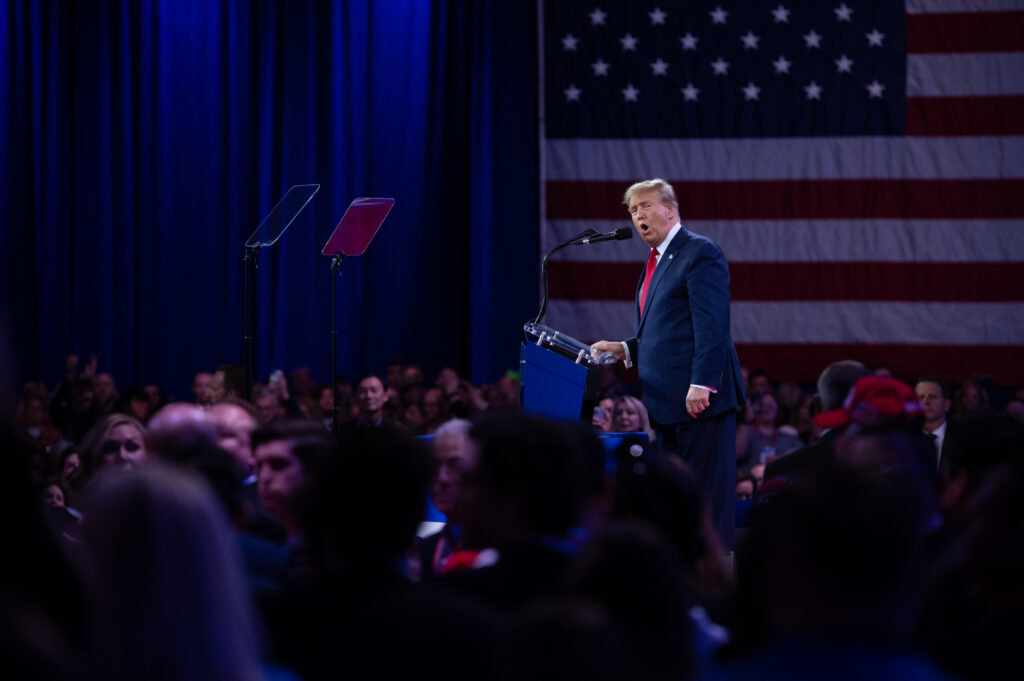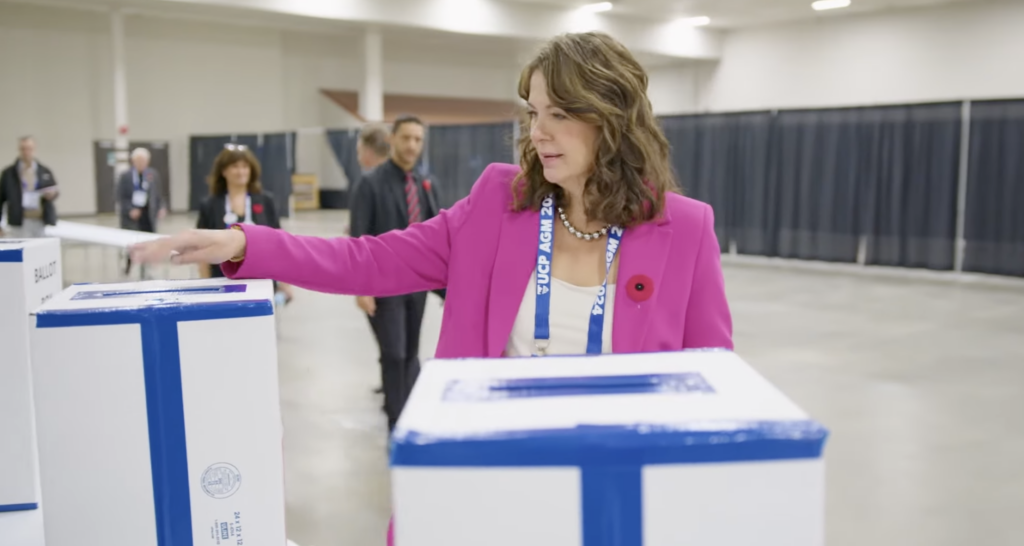A part-UK owned company could be prevented from drilling in a World Heritage site in the Democratic Republic of Congo after questions were raised over the legality of its contract.
The Compagnie Miniere Congolaise SPRL, or CoMiCo, a company with an opaque offshore structure partly owned by a Guernsey-registered firm, was awarded the rights to an oil bloc that encroaches on the protected Salonga National Park, the world’s second largest tropical rainforest and home to a number of endangered species.
Although the park’s World Heritage site status should in theory protect the area from oil exploration and other extractive activities, confidential documents leaked last year showed the Congolese government was working to redraw the boundaries of the Salonga national park to remove protected status from certain areas.
However, the CoMiCo contract, which was recently made public, could be invalid according to an analysis by NGO Global Witness, which found the contract was not in line with DR Congo’s latest petroleum legislation.
The contract
CoMiCo’s contract was first signed in 2007 but was only approved by a Presidential ruling in February 2018, when it was due to come into force.
In 2015, DR Congo approved a new law that aimed to ensure the country was adequately benefiting from the proceeds of its growing oil sector. This law includes a clause that makes any contracts that do not respect the latest regulations void.
Following a legal assessment, Global Witness found that the contract is not in line on issues such as area tax, royalty rates and exploration license renewals with the 2015 legislation — giving a fiscal advantage to CoMiCo. It concluded that by approving CoMiCo’s contract without amending it to conform to the updated 2015 law, the contract could be considered invalid.
“Any attempt to go ahead under this contract would set a dangerous precedent as the government appears to have disregarded its own laws,” said Peter Jones, of Global Witness.
CoMiCo’s lawyer rejected Global Witness’ analysis of the contract’s terms and called its interpretation “clearly wrong”, however. He added that a stabilisation clause allowed the contract to take effect “with respect to the conditions in force as of 2007”.
The lawyer previously said the company had “no intention to drill within the boundaries of the national park”.
A long-awaited and contested presidential election has recently put the spotlight on the DR Congo. Felix Tshisekedi was announced winner and is due to succeed outgoing President Joseph Kabila, who has been in power since 2001.
Global Witness has called on Tshisekedi to ensure extractive companies are respecting the countries’ law and urged the new Congolese government to review CoMiCo’s contract in light of its findings. It also called on the new government to put an end to the preparation work which could see oil-rich areas of the Salonga park be de-classified from the protected status and opened up for drilling.
A company shrouded in secrecy
Concerns have also been raised over the secrecy surrounding the ownership of CoMiCo.
The company is registered at an address in Kinshasa, DR Congo, but its beneficial owners and financial backers remain largely unknown because of a complex offshore company structure involving shell companies and nominee accounts.
Global Witness previously established that Guernsey-registered Central Oil and Gas held a 40 percent stake in CoMiCo. The ownership of the remaining 60 percent remains unknown.
CoMiCo’s 2007 contract shows the company was represented by Montfort Konzi, a former Congolese politician and a member of the Movement for the Liberation of the Congo, and Idalécio de Castro Rodrigues Oliveira, a Portuguese businessman who has been accused of corruption charges by Brazilian authorities in relation to “Operation Car Wash” — one of the biggest corruption scandals in history.
As chief executive of the Lusitania Group, De Oliveira purchased oil licenses in West Africa in 2011 and entered into a partnership with Petrobras, Brazil’s oil giant which is at the heart of the country’s corruption probe. CoMiCo’s lawyer said De Oliveira was not a company shareholder and that “none of the other beneficial owners have been convicted of bribery, corruption, fraud or other financial crime”.
However, the secrecy of CoMiCo’s real owners coupled with the potential involvement of Konzi, a politically exposed person, raises significant accountability questions, according to Global Witness.
Although there is nothing illegal about setting up complex company structures offshore to hide who the beneficial owners of a company are, the Panama and Paradise Papers scandals have previously exposed the way in which the secrecy of the offshore system has been used to hide corruption, bribery and fraud.
Image credit: Max Pixel CC0
Subscribe to our newsletter
Stay up to date with DeSmog news and alerts







